Ramzan Sheikh
Saadat Hasan Manto was born on 11th May 1912 in Samrala district of Ludhiana. His father, Ghulam Hasan Manto, was a Kashmiri who lived with a large family in Kocha Vakilan, a locality in Amritsar and was a public servant in the tehsil of Ludhiana.
A Hameed says that when he was studying at Muslim High School, Amritsar, his classmates called him “Tommy” (a highly corrupted form of the word Monto), and his boat-shaped eyes would reveal sweet-sour mischief. A rosy complexion, a slightly open forehead, a bookish face, open cheeks, a sign of a flaky nose (though he never let a fly sit on his nose), he often wore a white pant-like pyjama shirt or a khadar kurta on his new bicycle. He would walk around the school with a camera. He invents news about the school and uses a solvent to print upside-down letters written on thick turnip pieces with a cutting pencil on paper and paste them on the notice board early in the morning. He would put a part in the headmaster’s pocket if he got a chance. Due to his naughty actions, there was often a commotion in the school.
Monto was a shy child in his home, unable to express himself due to the presence of his step-siblings and his father’s strictness. His mother supported him. He was not inclined towards education from the beginning. His early education took place at home.
In 1921, he was admitted to the fourth grade at MAO Middle School. His education career could have been more encouraging. He passed the matriculation examination in 1931 after failing three times. He then joined Hindu Sabha College in FA but dropped out and joined MO College in his second year.
Initially, he worked in magazines in Lahore, then became associated with All India Radio Delhi, where he wrote some thriving plays and features. Later, he moved to Bombay, where he edited several film magazines, during which he also wrote stories and dialogues for several films. After the establishment of Pakistan, he moved to Lahore and lived in that city for the last part of his life.
Manto has a wide variety of themes. On the one hand, they made gender a topic. On the other hand, India’s war of independence, politics, oppression and riots by the British were moulded into myths. He wrote more than two hundred stories in his literary life of twenty years. His realism, honesty, intrepidity and boldness have become proverbs in Urdu literature.
Manto’s last moments have been written by his famous nephew Hamid Jalal, “Manto was being taken to the hospital in his last moments. Manto took his consent out of his mouth only once or twice before the ambulance came. He said to me. It’s freezing and so cold; maybe it won’t even feel like in the grave. Put two quilts on me. After some pause, a strange gleam appeared in his eyes. He said slowly, “Three and a half rupees are in my coat pocket.” Add some more money to them and ask for some whiskey.” He continued to insist on drinking. A bottle was asked for his consolation. He looked at the bottle, strangely relaxed and said, “My “Make two pegs for me”. I looked into his eyes and found him very satisfied. Jalal said.
Saadat Hasan Manto died due to liver disease on January 18, 1955. He is buried in the cemetery of Miani Sahib in Lahore.



































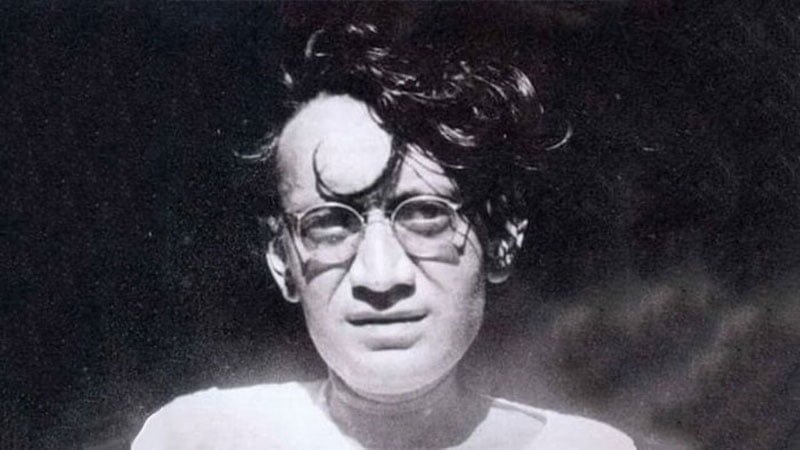






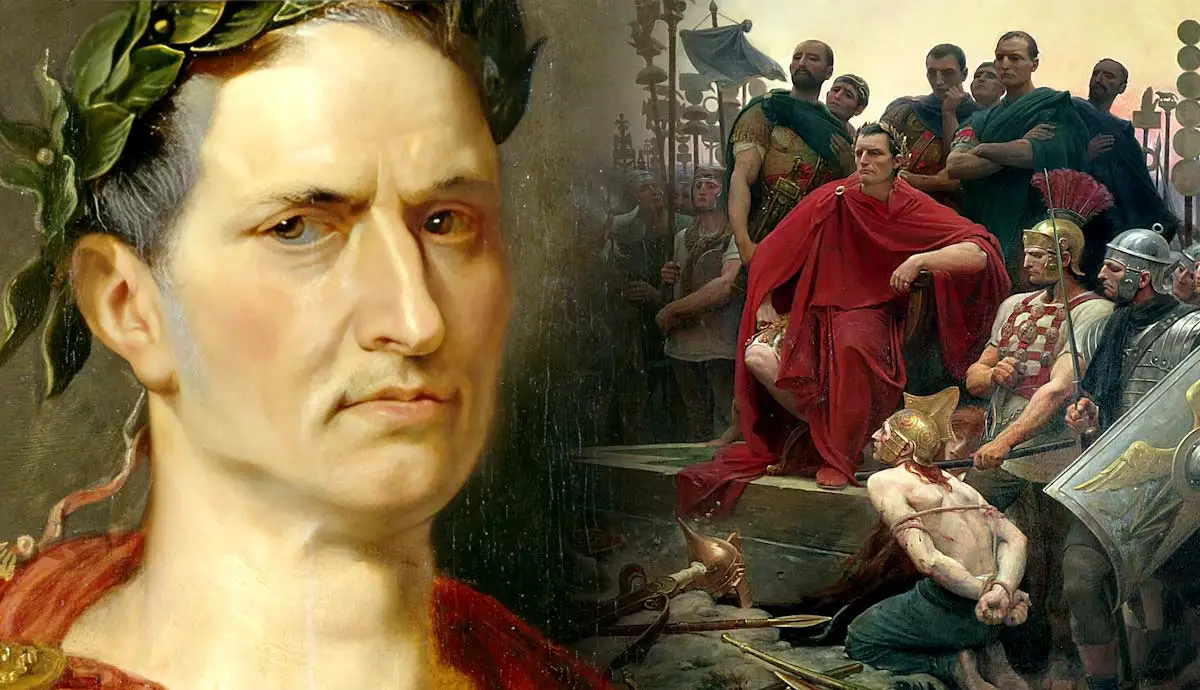

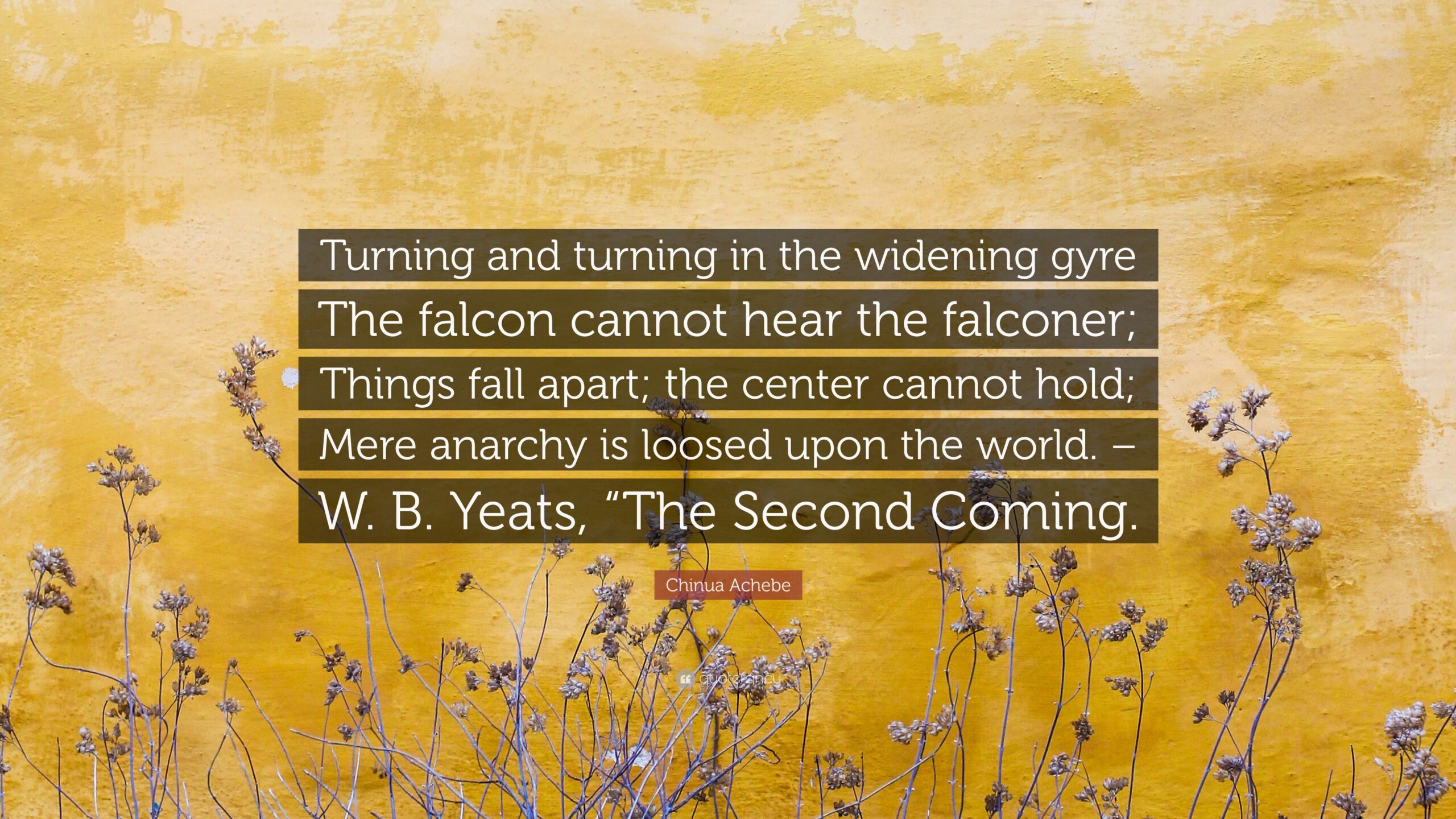
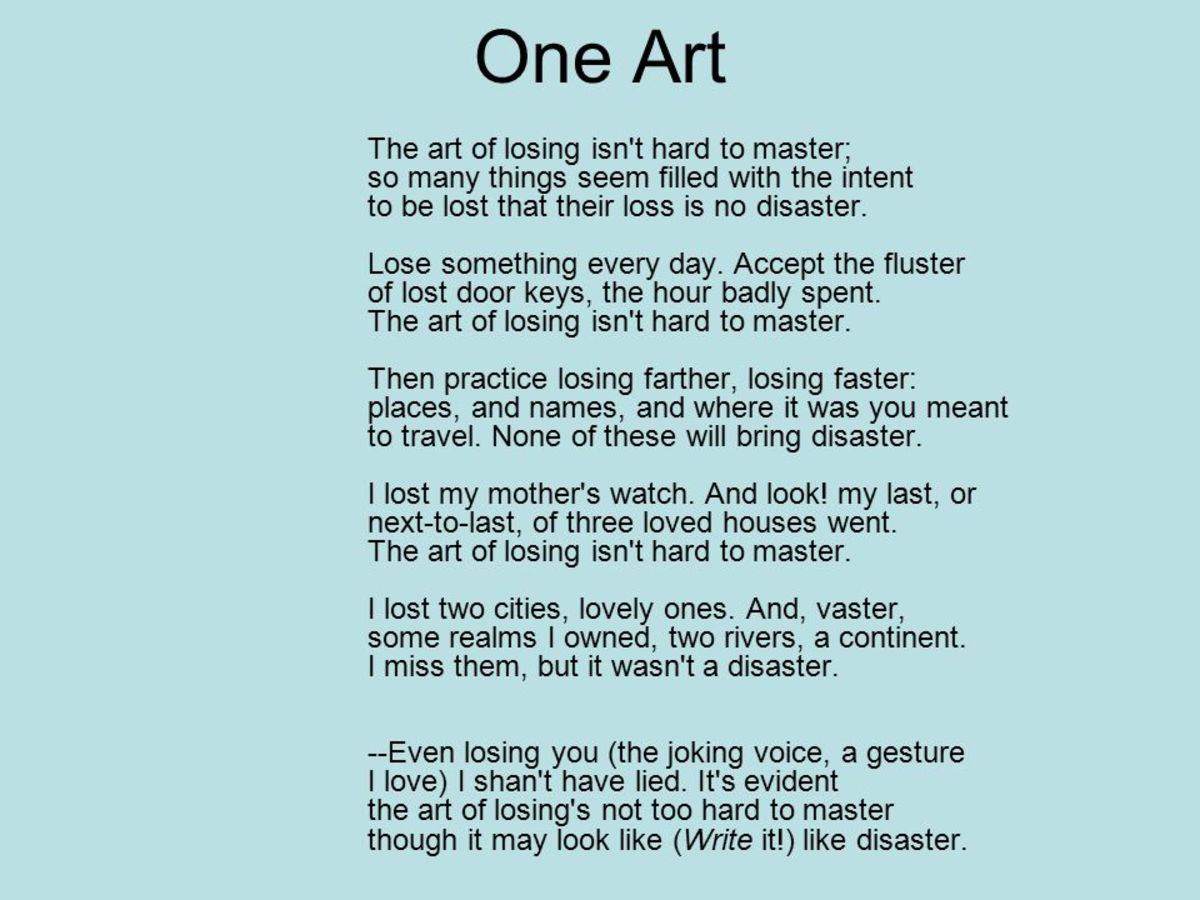
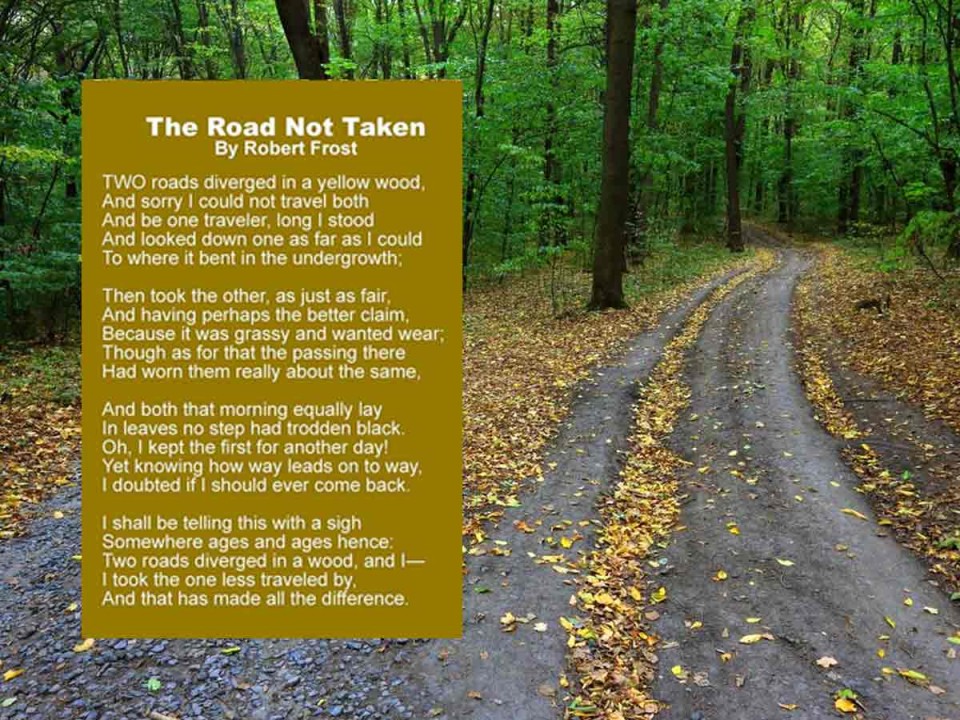


1 thought on “Today is Death Anniversary of Sadat Hassan Manto; A Rebellious of Conventional Literature”
My Favorite personality, a great writer.